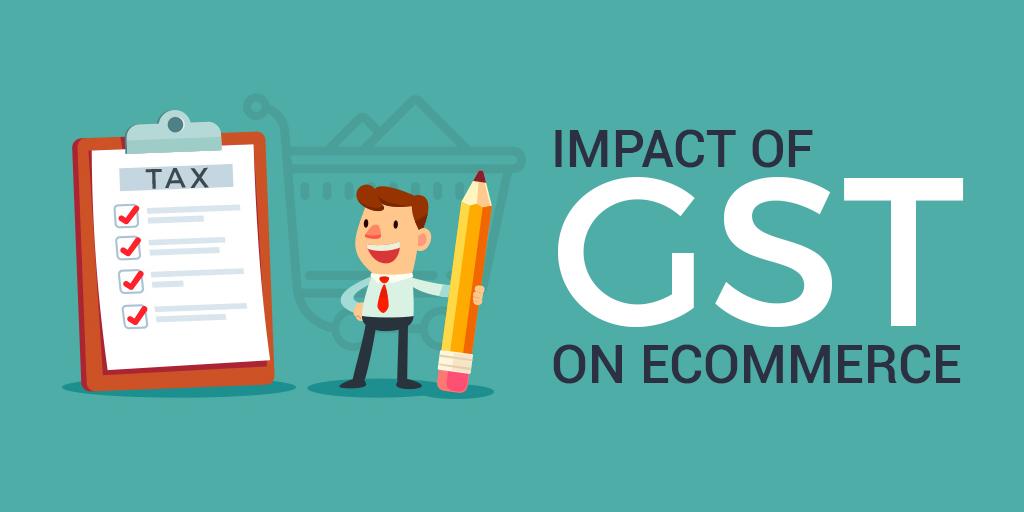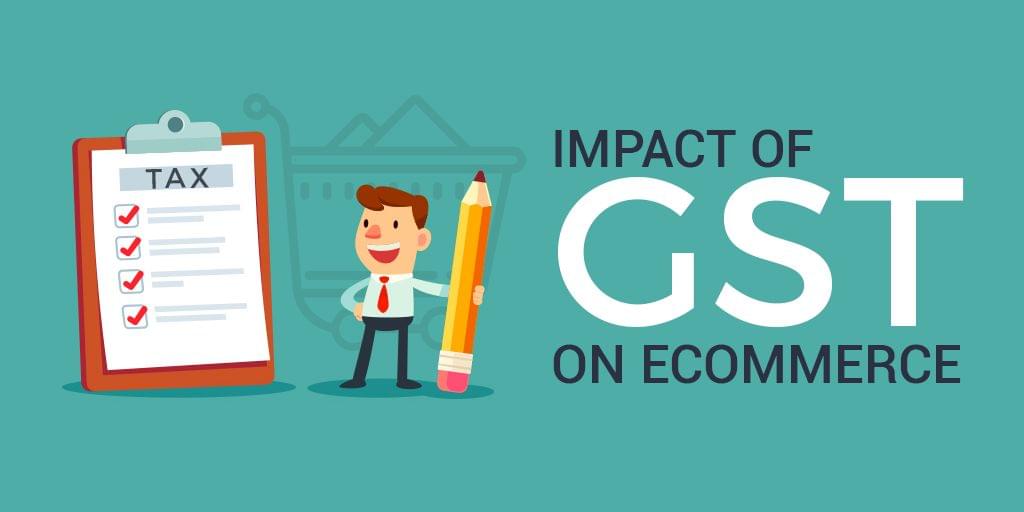The implementation of GST has ushered in a new era for the Indian economy. The impact of GST is going to be profound covering every segment of the economy and businesses.GST is going to completely overhaul the existing hierarchical tax structure and change the way business and taxation was done earlier.
To cope with the mammoth changes, the government and businesses have been preparing for almost a year now. However, despite the best laid plans, there is still lots of confusion prevailing over GST understanding and compliance. GST is being looked on with skepticism by many. The lack of information and clarity on GST terms and implications has resulted in many myths and misinformation being propagated regarding the new tax regime.
To dispel the myths about GST, StoreHippo ecommerce platform India has published a Comprehensive Guide on GST detailing the various terms and procedures of GST. In our effort to provide the best solutions for seamless transition to GST we have also overhauled our tax engine to support GST and its various components like IGST, CGST, and SGST.
Taking this further, StoreHippo team of experts has analysed how GST is going to change the Ecommerce industry.
Table of Contents
We bring for you top 5 ways in which Ecommerce is going to grow under GST;
1. One Law for All
Before GST, there were more than a dozen laws, each with a different tax-rate. The Ecommerce operators had to get registered in each state and then work out the taxes based on the tax structure of the given state. This led to complex tax-filing procedure and compliance issues due to different laws prevailing in each state.
GST has unified all the laws and now all the goods and services in India come under the ambit of GST thus eliminating the multiplicity of taxation. Now, buyers and sellers can benefit by a single registration and a single compliance would suffice for SGST and CGST taxes.
This impact of GST on Ecommerce will result in less tax and would cover more items. Also with lesser paperwork, Ecommerce business can focus on their business expansion rather than spending resources on planning strategies to minimise tax burden.
2. Organised Ecommerce Sector
Ecommerce as an industry is still unorganised and there are no clear rules and regulations for the industry. GST makes it mandatory for every Ecommerce operator to be registered. Also, online compliances and regulations are going to bring about accountability in the industry.
Ecommerce under GST will give a clear status to various operators which were earlier called by different names and were exempt from taxation in many states. Now, inter state regulations and compliances would be uniform making Ecommerce regulated.
Now, everything under Ecommerce will be a part of the organised economy. The distribution channel of Ecommerce will become stronger as each good and service in the channel will be registered and be a part of the regulated and organised economy.
3. Lower Tax for SMEs
There is a rumour doing rounds that impact of GST on online marketplaces is going to wipe out SMEs and make it difficult for them to do business. Well, the fact is that SMEs have to face issues initially only due to registration and compliance issues. Other than this, GST is going to be of great help to them.
GST would cut the dual tax burden of service tax and product tax which is applicable in many instances of ecommerce. Under the unified tax regime smaller players would be clear that they have to pay a single tax GST as there is no distinction between goods and services.
Under GST the SMEs with turnover between 10 lakhs to 50 lakhs would have to pay a lower tax rate. This would be a big relief for new ecommerce players and smaller players who will not feel the pinch of taxation that hard. Also, it would be easier for smaller players to access bank credits on the basis of their GST filings which is an important source for flow based lending.
4. Improved Logistics
The most advantageous impact of gst on e-commerce sector is going to be in the logistics segment. Logistics has been a pain point of Ecommerce for long due to the various tax and compliance issues. The movement of goods and trucks were often delayed due to various paperwork and compliance issues.
It was a compulsion for logistics companies to maintaining warehouses in different states to minimize tax burden levied on inter-state transportation. Most of the times, these warehouses were not used up to their capacity thus increasing the cost of operations.
Now with the simplified GST tax regime, logistics and ecommerce players can place their warehouses at strategic locations which are easily accessible from a number of cities in the delivery route. With barriers at state-borders easing there would be a smoother, faster and hassle free movement of goods under GST.
5. Cost benefits to Customers
Another surprising change in e commerce under gst is going to be the reduced prices of various products. Contrary to the popular belief that GST might shoot up the prices of products and services, the overall prices are actually going to come down.
The GST tax ranges between 5%, 12%, 18% and 28% which is planned in such a way that the essential goods and services become cheaper for the masses. Also, since the ecommerce operators would be charged at a uniform rate lesser tax burden would be shifted on the customers.
GST also has an element of “ anti-profiteering law” to it, which makes it mandatory for the manufacturer or seller to pass the benefits of excess of profit to the consumers. With the production and distribution channels also becoming seamless and less costly, ecommerce goods and services as a whole would become cheaper for the customers.
Conclusion
Ecommerce under GST is going to witness an era of transformation and growth. As it happens with every change, there might be a few teething issues in the short term but over time things will fall in place and Ecommerce sector would become more organised and seamless.
StoreHippo top ecommerce platform would keep publishing informative articles on GST and any other topics that might influence the Ecommerce sector. Keep watching our blog section for updates and post your comments and queries regarding anything you wish to know about GST.





















Leave A Comment